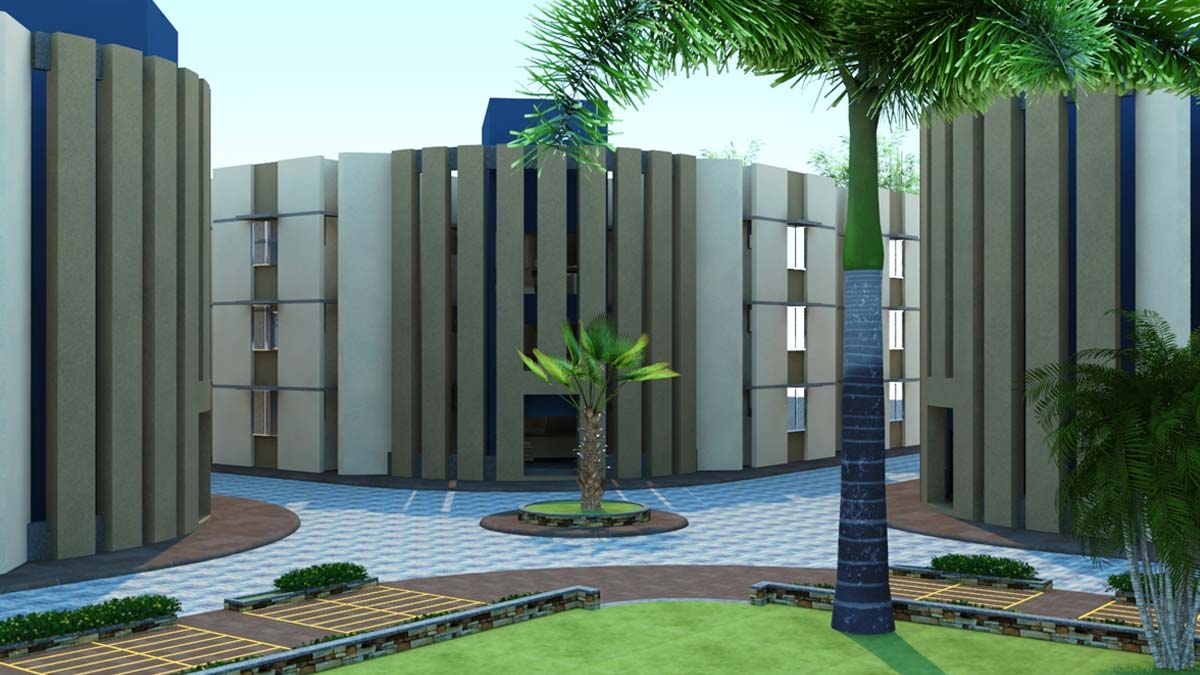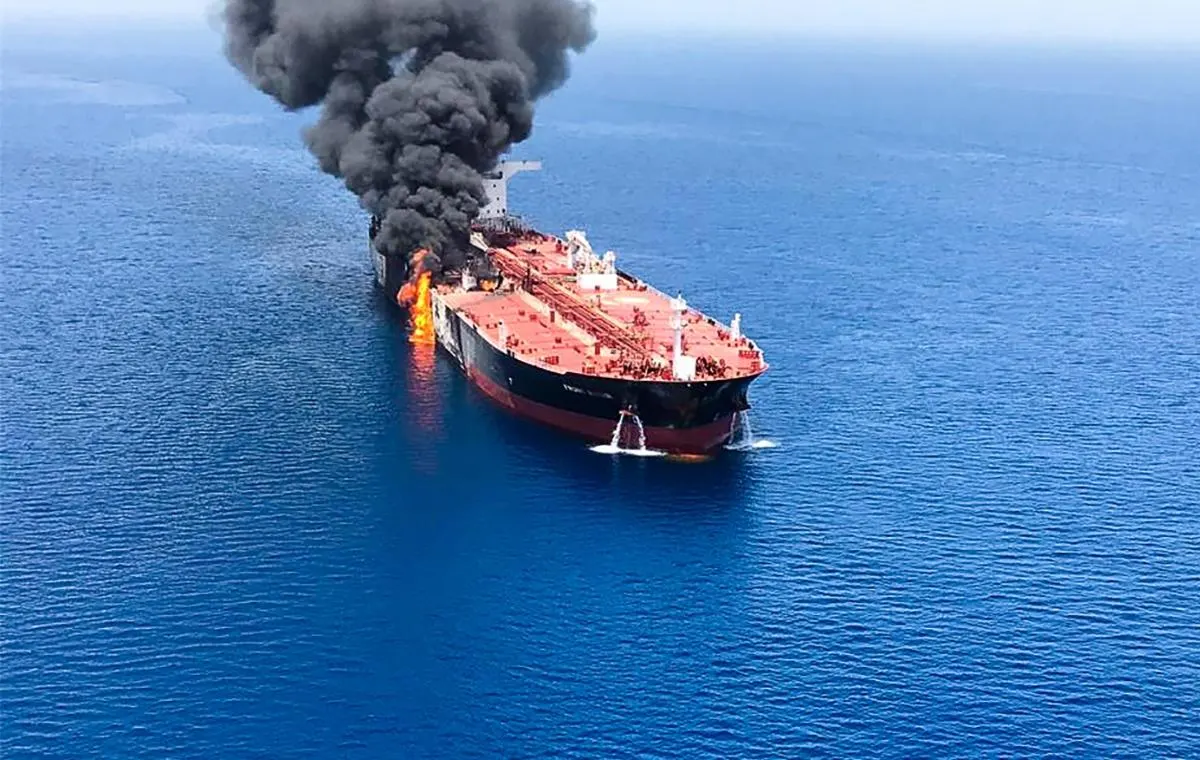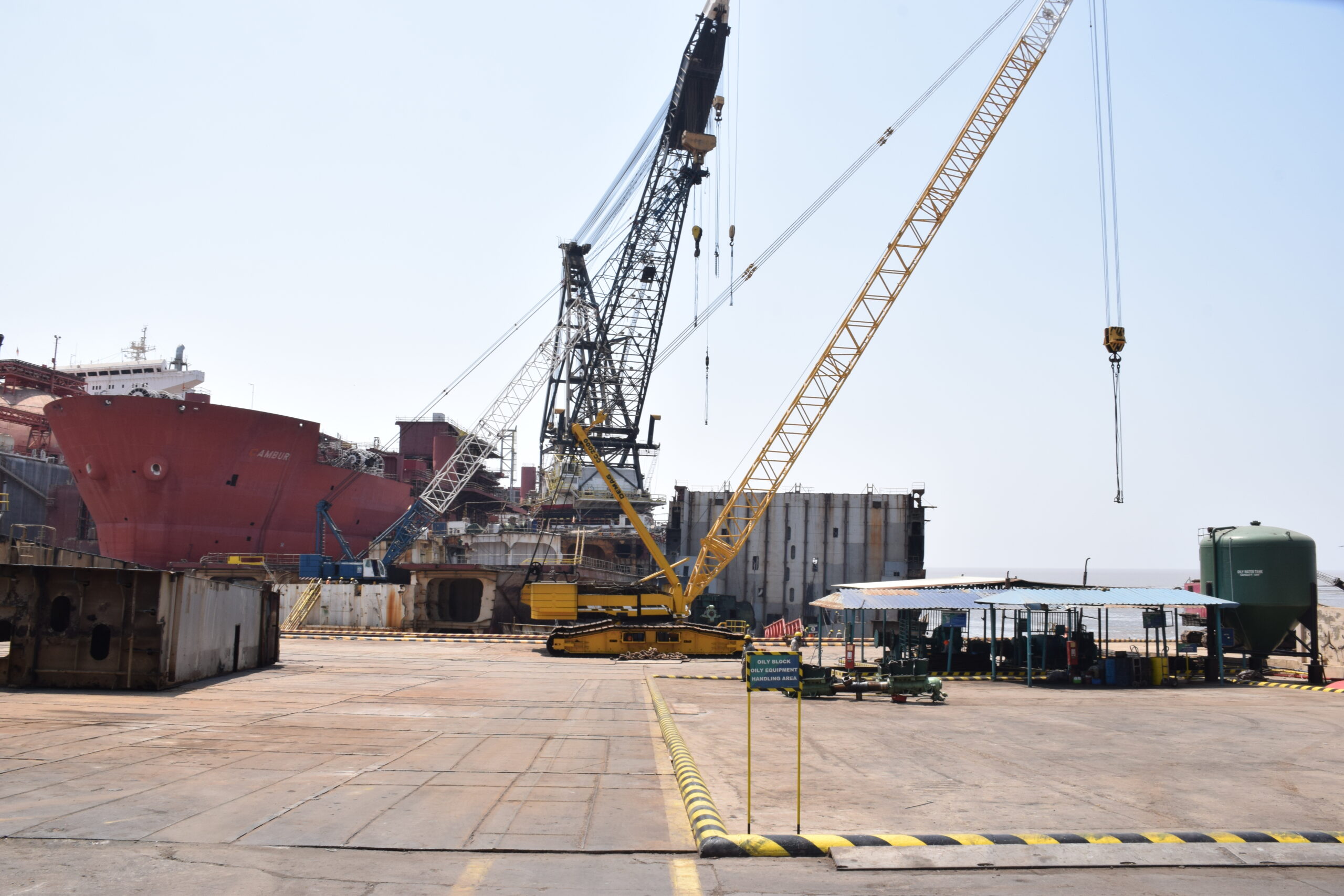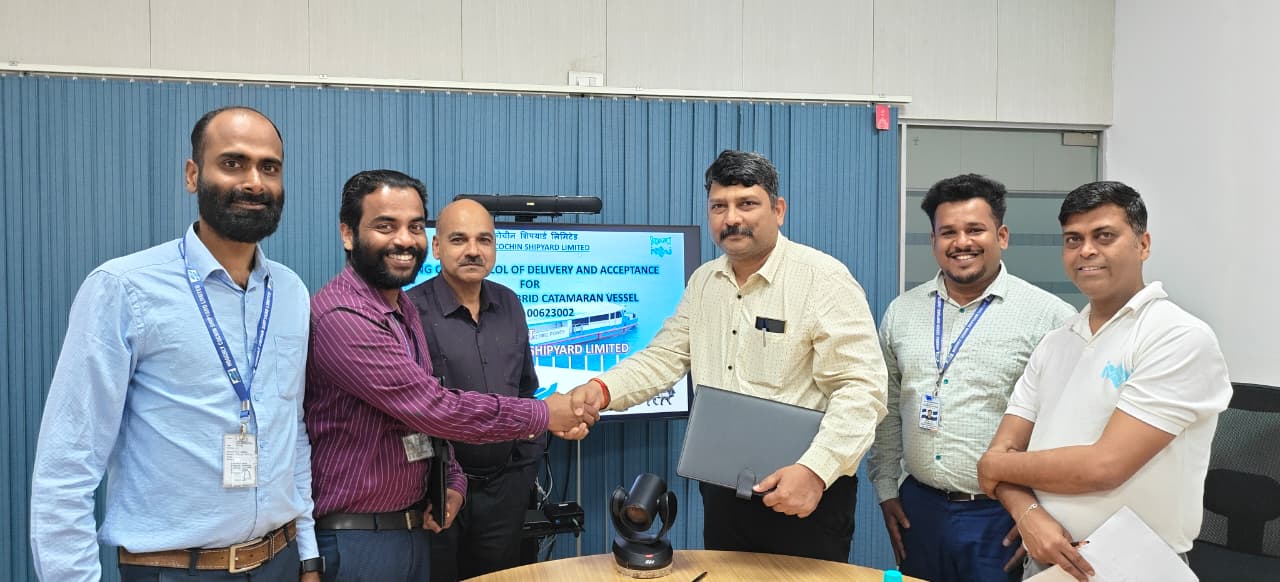Bangladesh ship breakers expose workers to radiation & hazardous material: Activists
Mostafa Yousuf
2025.02.03
Chattogram, Bangladesh
Credit: https://www.benarnews.org/english/news/bengali/chattogram-shipbreak-hazardous-radioactive-02032025081429.html
Rahman blames workplace hazards, such as harmful fumes and dust that he inhaled, for his asbestosis. Like many workers in the industry that employs 250,000 people in Bangladesh, he used torches to slice through the hulls of great ships before he became a yard supervisor in Chattogram, the country’s largest port and hub for ship-breaking.

Workers who toil away at these yards are exposed to health dangers because the ships they dismantle can be laced with radioactive and hazardous materials, including asbestos – in defiance of a High Court order and international norms – activists and insiders claim.
Rahman started working in the industry in 1993 as a cutter. In 2016, he was diagnosed with asbestosis, a chronic lung disease caused by inhaling asbestos fibers.
“A decade back, when I started coughing constantly, I came to realize that something went wrong in my body,” Rahman, 48, told BenarNews. “After detection of asbestosis, I understood where it came from – my work at the yard left me exposed to the various toxic elements, which has cost me my health.”
In reporting this story, BenarNews collected a list of 25 vessels known as Floating Production Storage Offloading and Floating Storage Offloading that were demolished at 10 shipbreaking yards between 2015 and 2024. An FPSO is a vessel used by the offshore oil and gas industry for production and storage of oil products while an FSO stores but does not process oil – both can contain large amounts of hazardous materials
While low levels of radiation and hazardous materials are naturally present in the environment, prolonged or high-level exposure can have severe health consequences, including bone cancer, kidney damage, lung cancer, reproductive health issues, immune system suppression and an increased risk of genetic mutations, according to the U.S. Environmental Protection Agency (EPA). Hazardous waste exposure can cause similar health issues.
In addition to asbestosis, Anisur underwent cataract surgery in August 2024 because of eye damage he blames on exposure to regular high flashes while cutting up ships.
“What I earn is being drained by my treatment expenditure. I have five members to feed in my family,” he said. “Now, I am considering stopping my medication as it is getting difficult to continue with the bare minimum I have.”
Md. Mizan, a former employee at one of Chattogram’s ship-breaking yards, was injured in a workplace accident there.
“I worked as a ship-breaking worker for 13 to 14 years with a meager wage of U.S. $2.85 a day, which was barely enough to meet a family’s needs,” he said.
He and other workers, he recalled, were not supplied with face masks to protect them from harmful fumes or dust, but had to bring home-made masks fashioned from cloth.
“I’ve not been able to work for eight months,” Mizan, now in his mid-30s, told BenarNews. “My chest and spinal bones are broken. Life has been hard.”
North Sea Producer
Anisur said he learned about radioactive and other toxic wastes in 2016, the same year of his diagnosis and more than two decades after he started working on ships, because of the FPSO North Sea Producer’s arrival at a shipbreaking yard in Chattogram. The vessel was found to be contaminated with radioactive and hazardous materials.
“I strongly believe if the government takes any initiative to test the presence of radiation, many workers will be detected with it,” Anisur said.
The FPSO’s arrival prompted the High Court to intervene by forming a committee to investigate. Its report confirmed that the vessel was indeed contaminated, Masud Kamal, retired chairman of Bangladesh Atomic Energy Commission, who sat on the committee, told BenarNews.
“The sludge that accumulated in the pipes of the ship was radioactive waste. Such FSOs or FPSOs have high potential of having NORM in their structures,” he said, referring to naturally occurring radioactive materials.
“As per international conventions, such vessels are not supposed to come here.”
That same year the court issued a contempt rule against shipbreaking companies for breaching its 2009 order to close, according to the NGO Shipbreaking Platform, a watchdog group fighting for workers’ rights to safe jobs.
Bangladesh is a signatory of the Basel Convention on the Control of Transboundary Movements of Hazardous Wastes and Their Disposal, which came into force in 1992. It restricts the transfer of hazardous waste from developed countries to developing countries.
Insiders said the Ministry of Industries and the Ministry of Environment, Forest and Climate Change that regulate the shipbreaking industry do not have the technical capacity to identify and remove toxic substances including asbestos, let alone radioactive contamination in FSOs and FPSOs.
Syeda Rizwana Hasan, adviser to the environment ministry, said FSO and FPSO dismantling requires complex efforts to meet environmental requirements.
“For this reason, developed countries fear dealing with such vessels, whereas Bangladesh, without having any such set-up, was brave to accept these ships to be dismantled during the previous regime,” she told BenarNews, referring to the former Awami League government of Sheikh Hasina.
Watchdog reports
In 2023, a 90-page report by Human Rights Watch and NGO Shipbreaking Platform claimed that European shipping companies had switched to a “flag of convenience” to scrap their end-of-life vessels in Bangladesh.
It said such switches bypassed the European Union’s regulations that such vessels be recycled in EU-approved facilities, which do not exist in Bangladesh.
Government official Hasan alleged that unscrupulous Bangladesh shipbreaking companies were endangering workers’ lives.
In its 2013 report, the International Radiation Protection Association (IRPA) said there were few well-equipped yards in the world that could handle demolition of contaminated ships.
“The recycling of such facilities is highly risky due to the presence of NORM within their structures,” the report said.
Nurun Nahar, deputy secretary (ship recycling) at the Ministry of Industry, told BenarNews that “they have the list of prohibited ships prepared by the Greenpeace and they don’t allow those to be imported into the country.”
She said permits to dismantle vessels were based on reports from a committee of three government organizations – the Department of Environment, the Customs agency, and the Department of Explosives. A private safety agency employed by the Ministry of Industry is involved in the process as well.
Sara Rita da Costa, South Asia policy officer from the NGO Shipbreaking Platform, said that when FSOs and FPSOs reach their-end-of-life terms, the contaminants inside often are not removed properly. Instead, many owners avoid clean-up costs by selling the vessels to cash buyers.
“What is unique for oil and gas extraction units is that contaminants including naturally occurring radioactive material and mercury can coat the inside of the storage, transportation and production equipment,” she told BenarNews.
“It is public knowledge that Bangladesh is not able to deal with any type of hazardous materials and certainly not those contained in FSOs and FPSOs.”
Author: shipping inbox
shipping and maritime related web portal








